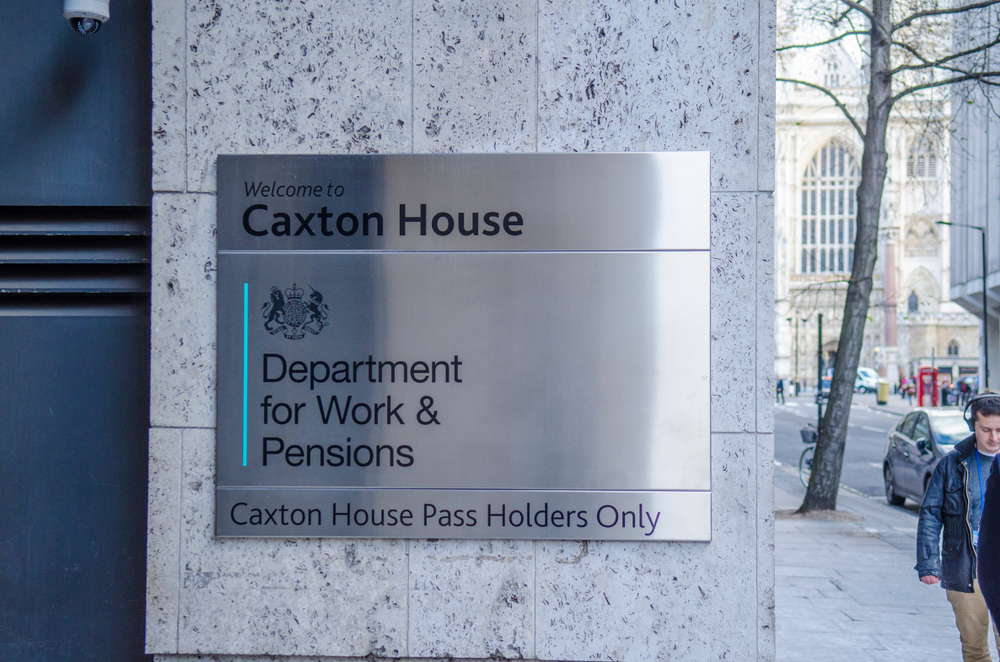The Society of Pension Professionals (SPP) has submitted its response to the Department for Work and Pensions’ (DWP) consultation on pensions dashboards ahead of its closure on 13 March, highlighting the core areas of the proposed regulations that need attention.
The SPP called for clarity over responsibility and liability relating to dashboard activities, noting that, as the dashboards will be a new way of storing and gaining information, users should be told clearly of the possible risks in following guidance even with reasonable care.
It also urged policymakers and regulators to identify and implement improvements to pensions dashboards on a regular basis once they are operational.
The organisation issued concerns over The Pensions Regulator’s ability to issue penalty notices on a ‘per request’ basis, believing that the regulator should provide examples of when a penalty notice would be considered.
SPP former president, Paul McGlone, commented: “The SPP remains very supportive of the pensions dashboard. This consultation covered a number of key areas in a welcome and important step.
“Inevitably there will be areas where further clarity or progress is needed, and today we have highlighted precisely where in the latest regulations improvements are required.
“But, notwithstanding those calls for further information, we are encouraged by the progress being made. Clarifying issues around liability, design standards and enforcement is now essential.
“We will continue to work closely with the Pensions Dashboards Programme, the DWP and others in the pensions industry, to deliver this clarity and ultimately the successful rollout of the dashboards project.”
Meanwhile, the Pensions and Lifetime Savings Association (PLSA) argued that pensions dashboards but meet three ‘threshold tests’ for coverage, accurate data matches and user understanding to ensure savers are not met with incomplete or confusing information when accessing dashboards for the first time.
“Dashboards will only be a success with the public if they meet three tests on coverage, accurate data matches and user understanding,” said PLSA director of policy and advocacy, Nigel Peaple.
“In particular, extensive user testing will be needed to reach agreed quality thresholds so that savers are not immediately disappointed by a lack of information, or worse, suffer detriment as a result of making the wrong decisions due to dashboards not being designed correctly.”
Also responding to the consultation, AJ Bell made suggestions for the more efficient running of the dashboards, targeting how the dashboard will protect users from scams.
AJ Bell head of retirement policy, Tom Selby, commented: “Introducing more digital ways to access information will, unfortunately, always lead to an increased risk of scams. This isn’t a reason to not go ahead with the development.
“However, as scammers will continue to innovate to defraud people, government and the Money and Pensions Service need to be vigilant, and consistently and continually strive to close down scams.
“Identity services will be key to ensuring savers using Dashboards are protected and should take on responsibility for checking the right people receive the right information about their retirement pots.
“Thorough validation of a person’s identity is critical to make sure it is the customer who is trying to gain information and not a scammer. The stakes could not be higher on this – if dashboards lead to people’s pensions being compromised then the loss of trust in the service would likely be fatal.”
Latest News
-
OBR analysis reveals potential impact of salary sacrifice changes
-
Strong funding levels continue as endgame landscape reshaped by innovation
-
Harwich Haven Authority Pension Fund finalises £45m buy-in with Royal London
-
GAD publishes LGPS gender pension gap reporting guidance
-
DB scheme funding levels continue to improve heading into 2026
-
News in brief - 6 February 2026
Private markets – a growing presence within UK DC
Laura Blows discusses the role of private market investment within DC schemes with Aviva Director of Investments, Maiyuresh Rajah
The DB pension landscape
Pensions Age speaks to BlackRock managing director and head of its DB relationship management team, Andrew Reid, about the DB pensions landscape
Podcast: From pension pot to flexible income for life

Podcast: Who matters most in pensions?

In the latest Pensions Age podcast, Francesca Fabrizi speaks to Capita Pension Solutions global practice leader & chief revenue officer, Stuart Heatley, about who matters most in pensions and how to best meet their needs
© 2019 Perspective Publishing Privacy & Cookies










Recent Stories